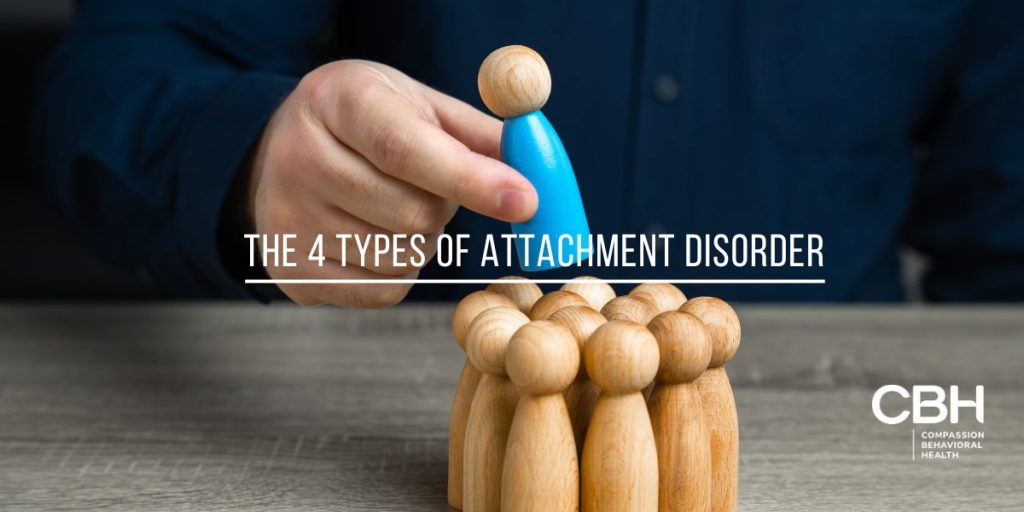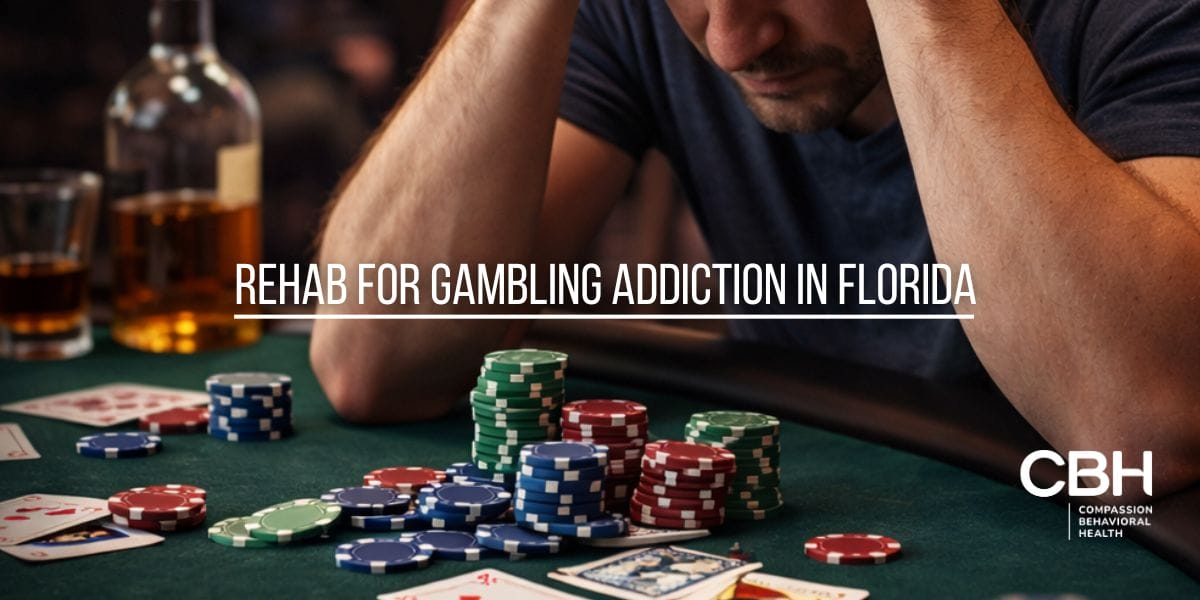Understanding attachment disorders is vital for recognizing how they influence our relationships and behaviors. This article delves into the definitions, types, symptoms, and impacts of attachment disorders. By understanding these concepts, individuals can better navigate their emotional responses and improve their relational dynamics.
What is Attachment Disorder
Attachment disorder refers to a group of conditions that affect a person’s ability to form and maintain emotional bonds and relationships with others. It typically develops during childhood, often as a result of inconsistent or inadequate caregiving. This lack of a secure emotional base can lead to difficulties in trusting others and managing emotions later in life.

Attachment theory, developed by John Bowlby and Mary Ainsworth, posits that the bonds formed between children and their caregivers lay the foundation for future relationships. When these early bonds are disrupted, the individual may develop one of several attachment disorders. These disorders can manifest in various ways, including avoidance of intimacy, fear of abandonment, or an inability to express emotions, which can create challenges in both personal and professional relationships.
The Importance of Secure Attachment
Secure attachment, formed through consistent and nurturing caregiving, is crucial for healthy emotional development. It provides a child with a stable foundation from which they can explore the world and form positive relationships. Key benefits of secure attachment include:
- Increased confidence and self-esteem
- Better emotional regulation
- Healthier relationships in adulthood
In contrast, children who experience insecure attachments may struggle with emotional regulation and face difficulties in trusting others as they grow. These challenges can lead to a cycle of unhealthy relationships, where the individual may either cling to others out of fear or push them away to avoid potential hurt. Understanding the roots of these behaviors is essential for both individuals and caregivers in breaking this cycle.
The Role of Attachment in Child Development
Attachment significantly influences a child’s emotional, social, and cognitive development. The quality of the bond with caregivers can predict various outcomes, including:
- Academic success
- Social competence
- Mental health

Children with secure attachments are more likely to exhibit positive behavioral patterns and effective communication skills, while those with insecure attachments may show withdrawal, anger, or anxiety. Furthermore, the impact of attachment extends beyond childhood; adults who experienced secure attachments in their formative years tend to have healthier coping mechanisms and are better equipped to navigate the complexities of adult relationships. Conversely, those with attachment disorders may find themselves repeating patterns of dysfunction, often unaware of the underlying issues that stem from their early experiences.
The Four Types of Attachment Disorder
Attachment disorders are generally classified into four types: Anxious-Preoccupied, Dismissive-Avoidant, Fearful-Avoidant, and Secure attachment. While secure attachment reflects a healthy bonding style, the other three types can lead to various challenges in relationships and emotional health. Understanding these attachment styles is crucial for recognizing patterns in our own behaviors and the behaviors of those around us, ultimately paving the way for healthier relationships and emotional well-being.

Anxious-Preoccupied Attachment
Anxious-preoccupied attachment arises from inconsistent caregiving, leading to a child who becomes overly dependent on their caregiver. They often seek excessive closeness but struggle with fear of abandonment. Characteristics include:
- High anxiety in relationships
- Clinginess or neediness
- Difficulty being alone
Individuals with this attachment style may find themselves repeatedly seeking validation and reassurance from loved ones, impacting the health of those relationships. This constant need for affirmation can create a cycle of anxiety, where the individual feels compelled to check in with their partner or friends frequently, fearing that any lapse in communication might indicate a potential rift. This behavior can lead to misunderstandings and strain, as partners may feel overwhelmed by the pressure to provide constant reassurance.
Dismissive Avoidant Attachment
Dismissive-avoidant attachment usually develops when caregivers are overly dismissive or emotionally unavailable. Individuals with this style tend to value independence to the detriment of emotional intimacy. Key traits include:
- A tendency to avoid emotional closeness
- Suppressing emotions
- Viewing relationships as unimportant

This attachment style can manifest as difficulty in forming deep connections or sharing feelings, making close relationships challenging. Individuals may pride themselves on their self-sufficiency, often dismissing the importance of emotional bonds. This can lead to a pattern of superficial relationships, where they may engage socially but avoid deeper emotional engagement. Over time, this detachment can result in feelings of loneliness, as the individual struggles to understand why their relationships lack depth and fulfillment.
Fearful Avoidant Attachment
Fearful-avoidant attachment is characterized by a conflict between desires for closeness and fears of getting hurt. These individuals typically had a chaotic childhood where caregivers were both a source of comfort and fear. They often exhibit:
- Fear of getting close to others
- Difficulty trusting people
- Emotional highs and lows in relationships

The internal struggle can make it tough for them to engage fully in relationships, resulting in an oscillation between seeking intimacy and withdrawing. This push-pull dynamic can be exhausting, not only for the individual but also for their partners, who may feel confused by the mixed signals. Often, those with fearful-avoidant attachment may find themselves in cycles of intense relationships that quickly fizzle out, as they grapple with their conflicting desires and fears.
Secure Attachment
Unlike the other types, secure attachment fosters positive interactions and emotional stability. Individuals with a secure attachment style usually exhibit:
- Easily forming healthy relationships
- Comfort with intimacy
- Good emotional regulation
This attachment style allows individuals to engage openly and honestly with others, fostering deep and meaningful connections. They are typically able to communicate their needs and feelings effectively, which not only strengthens their relationships but also encourages their partners to do the same. Securely attached individuals often serve as a stabilizing force in their relationships, promoting a sense of safety and trust that can help mitigate the challenges faced by those with insecure attachment styles.
Symptoms and Signs of Attachment Disorders
Recognizing attachment disorders early can instigate timely support and intervention. Each type presents its distinct symptoms and signs, which can vary significantly across individuals and contexts.
Recognizing Anxious-Preoccupied Attachment Symptoms
Individuals with anxious-preoccupied attachment may show several identifiable symptoms, such as:
- Extreme sensitivity to relationship dynamics
- Frequent reassurance-seeking
- Jealousy or possessiveness
Such symptoms can cause frustration and strain in their relationships, as partners may feel overwhelmed by their needs. This constant need for validation often leads to a cycle of anxiety and conflict, where the anxious individual may misinterpret neutral behaviors as signs of rejection or abandonment. Consequently, their partners may feel trapped in a cycle of providing reassurance, which can ultimately lead to resentment and emotional fatigue.
Identifying Dismissive-Avoidant Attachment Signs
Signs of dismissive-avoidant attachment may include:
- A tendency to minimize or deny emotions
- A focus on independence and self-sufficiency
- Reluctance to engage in discussions about feelings or relationships
This detachment can create barriers in building intimacy and trust with others, impacting lasting connections. Individuals with this attachment style often pride themselves on their ability to handle situations alone, which can lead to a lack of vulnerability in relationships. As a result, they may struggle to form deep emotional bonds, often leading to superficial connections that fail to satisfy their partners’ needs for closeness and understanding.

Understanding Fearful-Avoidant Attachment Indicators
Individuals exhibiting fearful-avoidant attachment may display symptoms such as:
- Conflicting feelings about relationships
- A tendency to push people away while craving closeness
- Difficulty regulating emotions during conflicts
This turbulent emotional landscape can create significant challenges in maintaining stable friendships or romantic relationships. The fear of being hurt often leads them to sabotage potential connections, oscillating between the desire for intimacy and the instinct to withdraw. This push-pull dynamic can be confusing not only for the fearful-avoidant individual but also for those who wish to support them, often leaving both parties feeling frustrated and misunderstood.
Signs of Secure Attachment
Those with secure attachment generally exhibit healthier behaviors and emotional patterns, including:
- Ability to communicate openly and honestly
- Confidence in themselves and others
- Inclusive and empathetic approaches in relationships
These traits allow for the establishment of trust and fulfilling partnerships that tend to flourish over time. Securely attached individuals are often able to navigate conflicts constructively, viewing challenges as opportunities for growth rather than threats to the relationship. Their emotional resilience not only fosters a safe environment for their partners but also encourages a mutual understanding that can deepen the bond between them, creating a stable foundation for long-term commitment and intimacy.
The Impact of Attachment Disorders on Relationships
Attachment disorders can have profound effects on various types of relationships throughout an individual’s life. Understanding these impacts can help both individuals and their loved ones navigate the complexities of attachment issues.
Attachment Disorders in Romantic Relationships
Romantic relationships are particularly vulnerable to the effects of attachment disorders. Individuals may experience:
- Difficulty understanding or meeting the needs of their partner
- Increased conflict and misunderstandings
- Challenges in sustaining emotional intimacy
These challenges can lead to cycles of conflict, distancing, and breakdowns in communication, often resulting in short-lived relationships. Furthermore, individuals with attachment disorders may find themselves oscillating between clinginess and avoidance, creating a push-pull dynamic that can be exhausting for both partners. This inconsistency can breed frustration and resentment, making it difficult for couples to establish a stable foundation for their relationship.
Attachment Disorders in Parent-Child Relationships
The implications for parent-child relationships can be equally substantial. Children with attachment disorders may struggle with:
- Feelings of insecurity and fear
- Challenges in emotional regulation
- Increased propensity to misinterpret caregiver intentions

Parents may also find themselves confused by their child’s behavior, impacting their own emotional well-being and parenting approach. For instance, a parent might feel rejected when their child pushes them away, leading to feelings of inadequacy and frustration. This can create a vicious cycle where the parent’s responses further exacerbate the child’s feelings of insecurity, making it increasingly difficult for them to develop a secure attachment. As the child grows, these unresolved issues can manifest in their relationships with peers and authority figures, perpetuating a cycle of attachment difficulties.
Attachment Disorders in Friendships
Friendships can also suffer from the effects of attachment disorders. Individuals might face:
- Difficulty trusting friends or developing bonds
- Feeling isolated or misunderstood
- Tendency to withdraw from social situations

Such relational deficits can lead to loneliness and challenges in establishing support networks, which are essential for emotional health. The fear of rejection or abandonment can cause individuals to sabotage friendships before they can deepen, often leading to a pattern of superficial connections. Moreover, when conflicts arise, those with attachment disorders may overreact or withdraw entirely, further alienating themselves from potential sources of support and companionship. This isolation can create a feedback loop, where the lack of social interaction exacerbates feelings of worthlessness and anxiety, making it even harder to reach out to others.
Attachment Disorder Treatment at CBH in South Florida

If you recognize the signs of attachment disorder in yourself or a loved one, remember that you’re not alone. Compassion Behavioral Health is here to offer a guiding light on your journey to emotional well-being. Our tailored mental health treatment programs are designed to support sustainable recovery and help you achieve your fullest potential. Conveniently located in South Florida, our Hollywood rehab center is a sanctuary for healing. Don’t let the weight of attachment disorders hold you back any longer. Call Us Today and take the first step towards a healthier, happier life.



